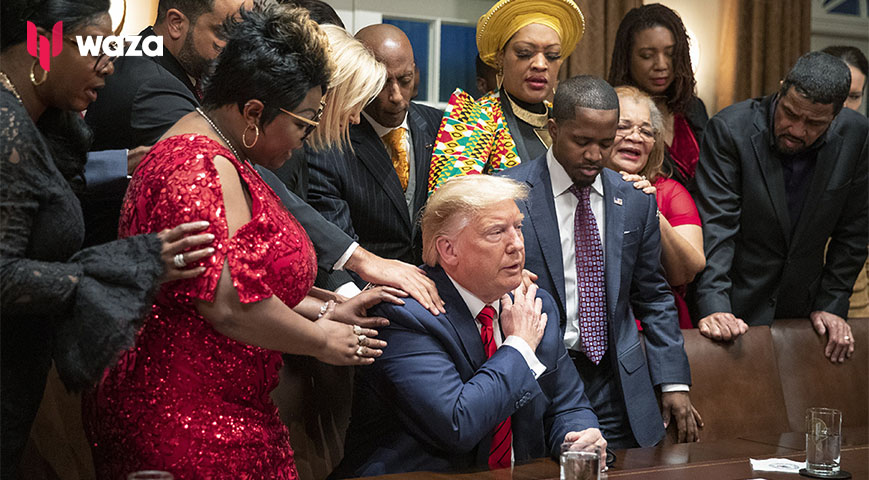As Donald Trump’s re-election as U.S. president became clear, African leaders quickly responded with messages of congratulation and anticipation of strengthened ties. Zimbabwe’s President Emmerson Mnangagwa welcomed the chance for a diplomatic reset, while Nigeria's President Bola Tinubu expressed optimism for more balanced economic and development partnerships between Africa and the United States. But with Trump back in office, the question arises: how will his administration impact Africa?
Trade and Investment
Joe Biden’s administration was largely seen as treating Africa as a priority, though concrete deals sometimes fell short of the rhetoric. His term, however, included notable contributions, such as investments in the Lobito Corridor, a vital railway linking Angola, the Democratic Republic of Congo, and Zambia, which aids in the transport of essential materials. Biden’s administration claimed to have invested over $22 billion in Africa since 2020.
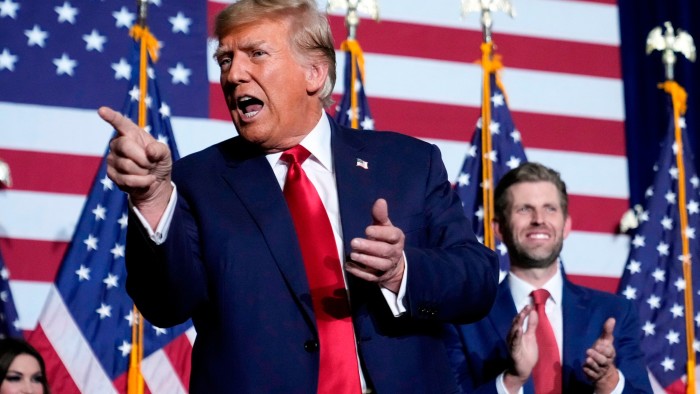
With Trump’s return, there are concerns that his administration might reduce U.S. trade and investment in Africa. His first term centered on “America First” policies, and during his 2024 campaign, he pledged to impose a 10% tariff on all imported goods. This could make African exports to the U.S. more costly, potentially decreasing demand in the U.S. market. The African Growth and Opportunity Act (Agoa) is also under question. This act has provided eligible African nations tax-free access to the U.S. market for certain products since 2000, but Trump previously indicated he would not renew it after its 2025 expiration. In South Africa, one of Agoa’s largest beneficiaries, the economic impact of Agoa’s potential end has sparked considerable discussion, although some studies suggest the effect on GDP might be minimal.
Did you read this?
Although Trump’s stance on Agoa has been lukewarm, he did implement programs to bolster U.S. investment in Africa, such as the Prosper Africa initiative and the Development Finance Corporation (DFC). Both have continued under Biden, with the DFC reporting investments exceeding $10 billion in Africa. Given that these initiatives were Trump’s own creation and serve as a counterbalance to China’s growing influence in the region, he may maintain them to preserve U.S. competitiveness.
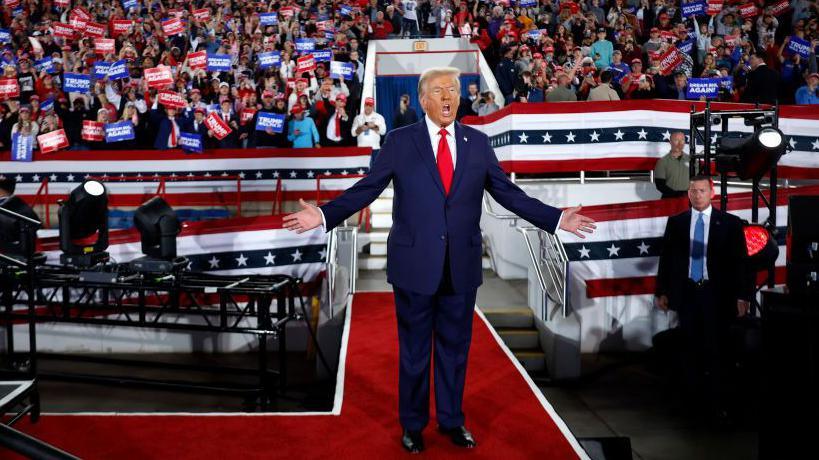
Aid
The U.S. is one of Africa’s most significant aid contributors, with donations totaling nearly $3.7 billion over the past fiscal year. During his first term, Trump proposed significant cuts to foreign aid, though bipartisan support in Congress blocked these efforts. However, if Republicans secure a solid majority in Congress, as they have already done in the Senate and hold a majority in the House, such cuts could face fewer obstacles this time.
One area of particular concern is the President’s Emergency Plan for AIDS Relief (Pepfar), which has provided critical funding for fighting HIV in Africa. Last year, Republicans raised objections to Pepfar, claiming it indirectly supported abortion services. The program was temporarily extended until March next year, but given Trump’s anti-abortion stance, its future remains uncertain under his administration.
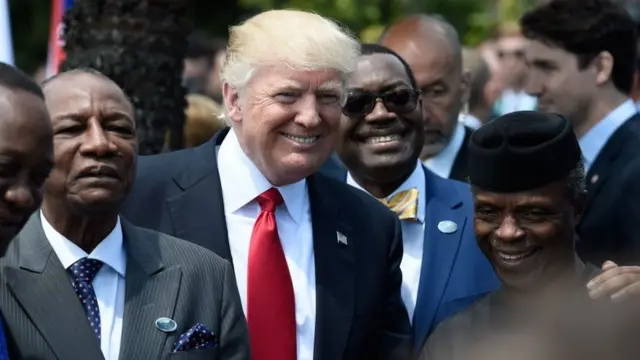
Immigration
Trump’s strict stance on immigration was a hallmark of his first term, and he campaigned in 2024 with a pledge to deport one million undocumented individuals. This policy is a concern for Africans seeking entry into the U.S., especially as African migration to the U.S. has significantly increased. Data from U.S. Customs and Border Protection showed around 13,000 African migrants at the U.S.-Mexico border in 2022, a figure that surged to 58,000 in 2023.
During his first term, Trump implemented travel restrictions on several African nations, including Nigeria, Eritrea, Sudan, and Tanzania. In Kenya, a nation with around 160,000 citizens in the U.S., reports indicate growing anxiety over potential discriminatory policies if Trump reinstates such measures.
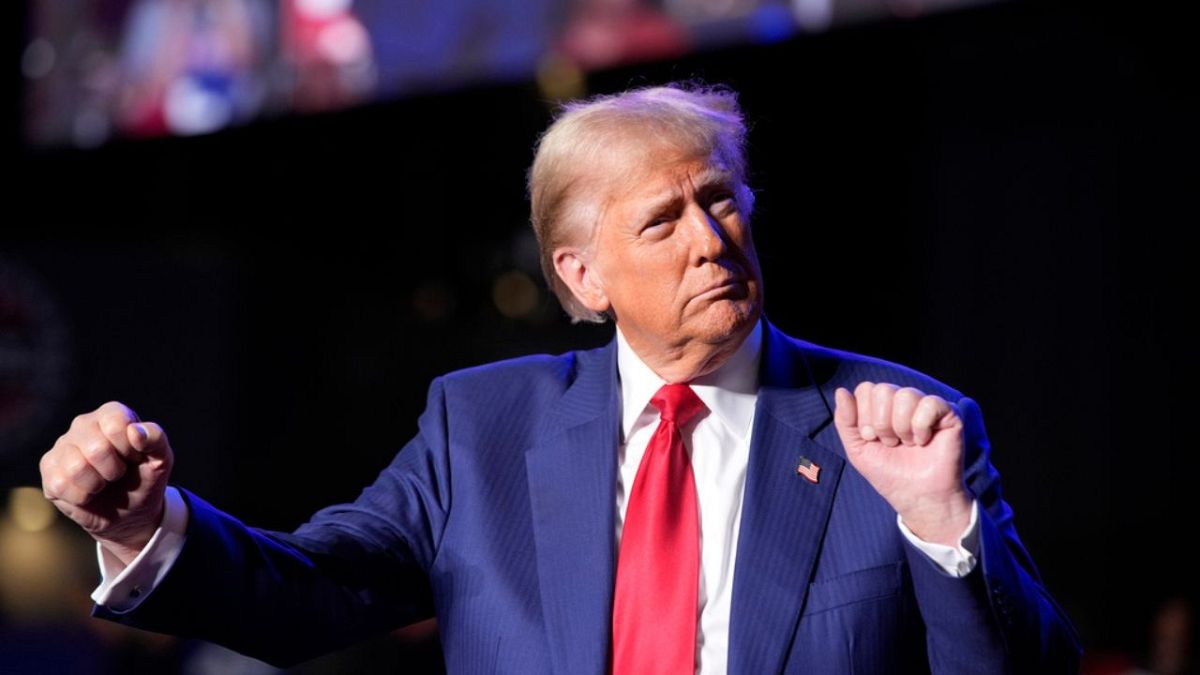
Security and Conflict
Since Trump’s previous tenure, Russia has increased its involvement in Africa, particularly through arms supplies and troop support in countries grappling with insurgencies, such as Mali, Niger, and Burkina Faso. This has heightened U.S. concerns, given the longstanding rivalry between the U.S. and Russia.
Trump’s stance on Russia, however, has been more lenient than traditional U.S. policy. Trump’s support for Nigerian efforts to combat Boko Haram suggests he might continue selective assistance to African nations facing similar security threats, but whether he will actively counter Russian influence remains uncertain. For instance, during Obama’s administration, Nigerian requests for U.S. arms were denied, but Trump approved the sale of Tucano jets, which bolstered Nigeria’s counterinsurgency capabilities.
In Sudan, where civil war has continued for over 18 months, Trump’s willingness to intervene is also unclear. Analysts like W. Gyude Moore, a former Liberian minister and fellow at the Center for Global Development, have noted Trump’s transactional approach to foreign policy. Moore doubts Trump’s administration will show more concern for Sudan’s crisis than Biden’s.
Uncertain Future
Ultimately, Trump’s return to the presidency brings more questions than answers regarding his approach to Africa. His policies and priorities are often unpredictable, and while some may align with Africa’s interests, others could introduce new challenges for the continent. As Moore suggests, Trump’s unorthodox style may bring unexpected developments, though not necessarily beneficial ones. Africa’s leaders and policymakers will be closely watching to see which path Trump’s administration will take.

